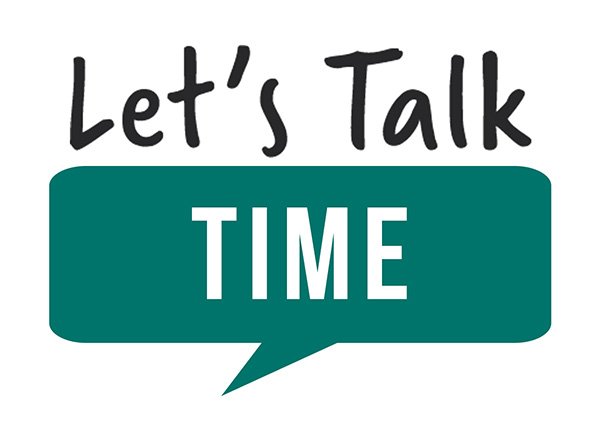Our philosophy around time management is that time is elastic and can stretch to accommodate what we choose to put in it. We encourage students to prioritize work and play by investing their time in activities that matter to them.
Our Philosophy
The Center for Studnet Wellness focuses on balancing academics, work, self-care, and social time. We emphasize attention and energy management as a way to think about productivity. This includes taking a flexible approach to time management, “zooming out” and looking a week ahead. Our philosophy around time management is that time is elastic and can stretch to accommodate what we choose to put in it. We encourage students to prioritize work and play by investing their time in activities that matter to them. When planning a schedule, consider one’s personal prime time - when you feel most productive - and give yourself permission to take breaks and give your mind a rest.

Key Messages
Be mindful of where you spend your time and evaluate the outcomes of your time investments.
Time is elastic, it will stretch to accommodate what you choose to put in it, so determine what matters.
Look a week ahead and plot your academics, self-care, and social life. To be flexible think 168 hours, not 24.
Discover
What messages do you receive around caring for your mind? Listen to a variety of perspectives, from experts and peers, and consider how it relates to your experiences.
Hear from an expert
How to gain control of your free time
There are 168 hours in each week. How do we find time for what matters most? Time management expert Laura Vanderkam studies how busy people spend their lives, and she's discovered that many of us drastically overestimate our commitments each week, while underestimating the time we have to ourselves. She offers a few practical strategies to help find more time for what matters to us, so we can "build the lives we want in the time we've got."
Explore
How do you care for your mind? Engage in these reflective activities to discover what works best for you.
What are some habits that take up your time in ways you don’t love? Staying on task can be challenging when you are surrounded by constant distractions, just one click away. Go on a media fast for 2+ hours. See what it’s like to unplug from all electronics for a couple hours during your day. That includes your laptop, phone, TV, really anything that connects you to the outside world. Or maybe you want to try cutting out social media for 1 week. Set limits on your phone (Time Limits in the settings is a great tool to remind yourself when it’s time to put the phone away). Even if you don’t feel like you’re spending too much time on your phone, check your screen time data and you might be surprised. See how much time you have to dedicate to other components of your life when you unplug, and how it improves your mental focus.
How often do you focus one just thing at a time? Multitasking is less productive than doing a single thing at a time. Juggling multiple tasks cuts down on productivity and makes it harder to hone in on the important details. It's more about energy and attention management than time management. Make checklists and short-term goals - write down the 3 top priorities for each day and address those things first. Set a realistic time limit for each task: if you plan to do something for a certain amount of time, set an alarm to make sure you follow through. Give your full attention to what needs to get done and focus on staying present and engaged.
Feeling like you can’t fit everything into your day? Pick out the three most important things and handle them first. What needs to get done by the end of the day? Tomorrow? The end of the week? Look at the whole week and block out times to get the most important things done - and be sure to leave time for fun and relaxation. Write down your top three goals in the following categories: relationships/social life, personal/self-care, and work/academics (use this goal card if needed). How can you prioritize these goals as you plan your week? Assess how you felt at the end of the week after prioritizing these 3 areas of your life.
Live
What do you need to do to care for your mind (or body, or soul) and live well? Sign up to meet with a Wellness Coach to reflect on your current wellbeing and set goals that feel achievable to you.
Let's Talk More...
We want to help you find joy in your journey, wherever you’re at. We have many resources within Center for Student Wellness and throughout campus to continue this conversation—we’re here to listen, reflect, and help you set and achieve health goals that feel intuitive, sustainable, and balanced.
Meet with a Peer Wellness Coach
Engage in a conversation about your health and wellness goals related to caring for your body - in the areas of sleep and general health, body image and exercise, and alcohol and other drugs!
Visit bc.edu/wellnesscoach to schedule your Wellness Coaching session and learn about each type of appointment, or use the links below to sign up directly through google calendar.
Did You Know?
99%
of BC students think time management is important to their general health
75%
of students believe they have a good ability to manage their time
80%
of students have an overall sense of balance in their lives

